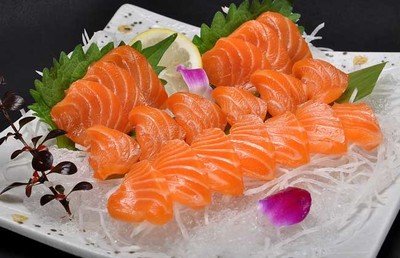Salmon approach

Salmon is rich in unsaturated fatty acids, rich protein, calcium, iron and vitamin D, etc. , and easy to digest and absorb, especially suitable for eating and supplement nutrition, whether it is a good food choice for the elderly and children. Here's an introduction to the salmon approach.
The Nutritional Value of a Salmon

Salmon is rich in protein, vitamin A、B、E, zinc, selenium, copper, manganese and other mineral forms related to the immune function of the enzymes, the nutritional value is very high. Salmon is also rich in unsaturated fatty acids that can improve the activity of brain cells and improve high - density lipoprotein cholesterol to prevent cardiovascular disease. The proportion of vitamin E and polyunsaturated fatty acids in salmon is as high as 0.73, which shows its high nutritional value and balanced nutritional distribution.
A Swedish scientist has confirmed that women eat salmon once a week and may have much less kidney cancer than others. For frequent salmon consumption, the 74% chance of kidney cancer is lower than those who skip salmon. The Ω-3 unsaturated fatty acids extracted from the salmon can eliminate the active biological substances that damage the skin collagen and the skin moisturizing factors, and play the effect of wrinkle - prevention. The Ω-3 unsaturated fatty acids contained in salmon can reduce the content of triglycerides in human blood, by improving high density lipoprotein cholesterol, enhance blood elasticity, effectively reduce blood fat and blood cholesterol, have a good effect on the prevention of cardiovascular disease and Alzheimer's disease.